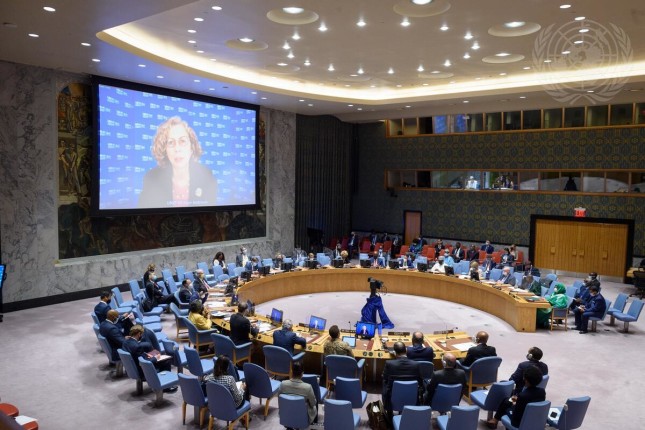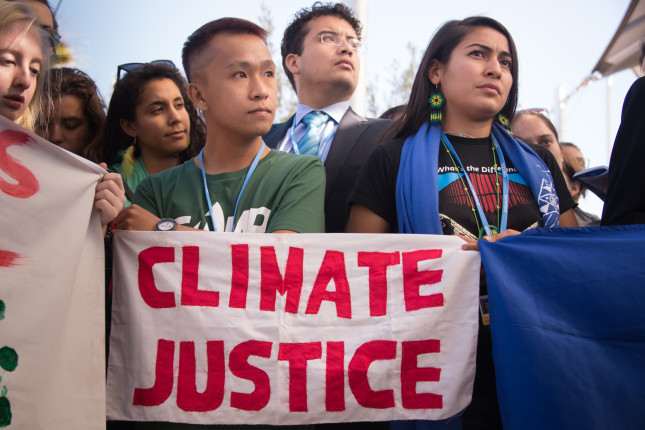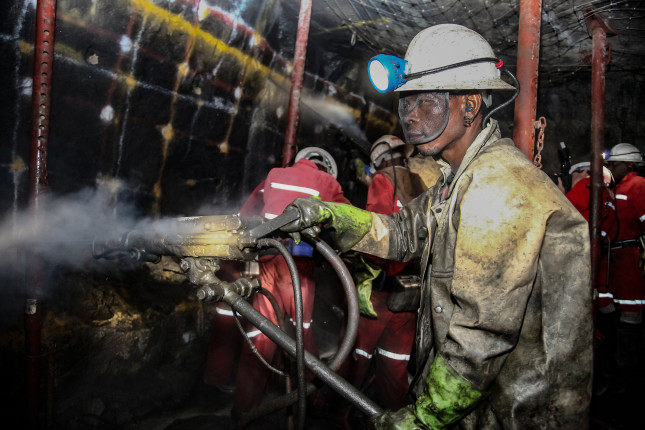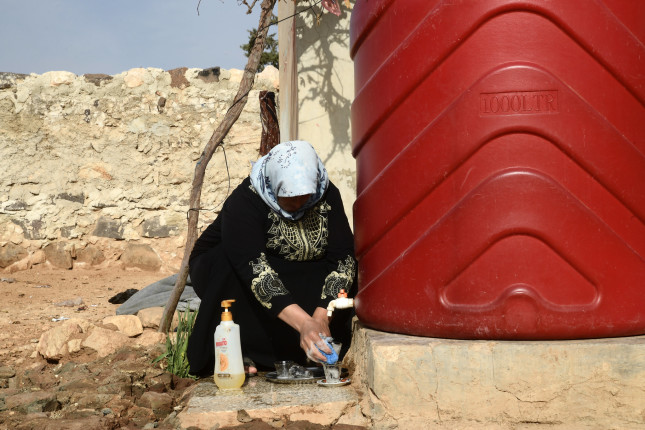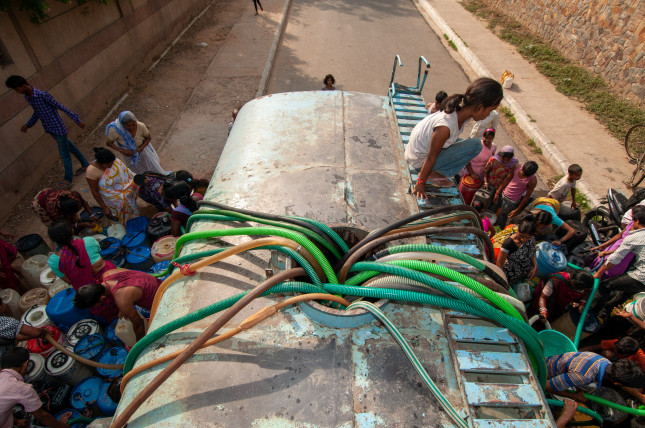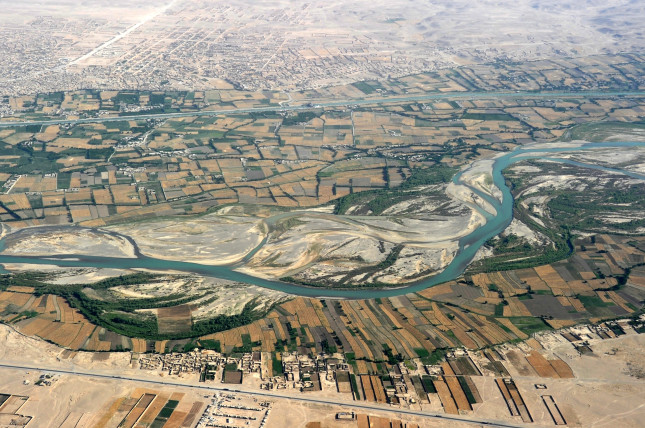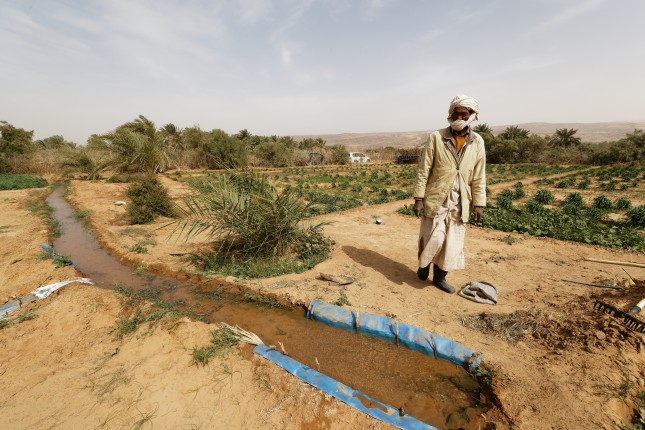-
Water Diplomacy can Learn from Realist Ideas
›Guest Contributor // Water Security for a Resilient World // July 19, 2022 // By Sumit Vij, Jeroen Warner, Mark Zeitoun & Christian BréthautAs Russia’s war in Ukraine continues and nations are returning to behaviors best explained by realism, we are wrestling with these trends’ longer-term implications on water diplomacy. States are becoming inward-looking and prioritizing national sovereignty. Debates about water and climate are resurfacing, and we should better understand how hard power and inward-looking approaches can impact water diplomacy and cooperation. To inform policymakers about power sensitivities and power games played in diplomacy, water diplomats must rethink the future of water security and peace. They should reexamine leadership styles, cultural sensitivities, and knowledge exchange from the lens of realism.
-
Top 5 Posts for June 2022
›From climate change to COVID-19 and the war in Ukraine, the world is a landscape of increasing instability. Book-ending the Top 5 posts of June are two articles that explore different aspects of these converging risks. In the top post for June, Steven Gale and Mat Burrows write that globally, younger generations are becoming increasingly disengaged and discontent with their democratic governments, civil society, and institutions. Youth disillusionment is not a result of ignorance to current affairs, but rather a lack of faith in democratic institutions to address today’s most pressing global issues. Tackling youth disillusionment, suggest Gale and Burrows, begins with examining youth engagement trends and placing it at the top of the agenda.
-
Sustaining Shared Waters: An African Case Study
›
As we face the twin crises of biodiversity loss and climate change, natural resource management is now more critical than ever—especially in the protection of one of our most precious resources: water.
The stakes of getting it wrong couldn’t be higher: increasing economic inequities and substandard public health for a growing population. And the evidence that such issues have won the attention of political leaders is increasing, with the June 2022 introduction of a White House Action Plan on Global Water Security that links this crucial issue directly to U.S. national security and offers pathways and proposed resources to advance progress broadly on multiple fronts.
-
The “Fuel of the Future” and Water Insecurity in South Africa’s Platinum Belt
›May 16, 2022 // By Tokollo MatsabuHydrogen fuel is becoming a central pillar of global decarbonization strategies. The hype over green hydrogen (the “fuel of the future”) and its potential to provide an abundance of low carbon fuel to transportation and industry has enticed several major emitting countries to scale up its production. And a UN-backed initiative wants to achieve a 50-fold production increase in the next six years.
-
Water Management in Armed Conflict: Improving Collaboration and Joint Knowledge
›
Speaking at a session at the 2nd International Conference on Environmental Peacebuilding in February, Guillaume Pierrehumbert, head of the Water and Habitat Unit of the International Committee of the Red Cross (ICRC) called for “a comprehensive rethink of collective humanitarian action” to address the unprecedented civilian crises in protracted armed conflicts.
-
Preventing Water Conflict Through Dialogue
›
When considering the potential effects of “backdraft” on climate change responses, the question of the world’s water future may be the most salient of all—especially as we examine water supplies and freshwater ecosystem health.
-
A Loss of Ecological Security: The Demise of the Sistan Basin
›
Water is one of the most critical factors for regional security and stability because it is multidimensional. It is an essential resource in ecosystem services & environmental security, yet its importance creates significant possibilities for insecurity—including corruption, environmental crimes, and other illegal activities.
-
Water: A matter of national security – and the best hope for our climate
›
Showing posts from category water.


